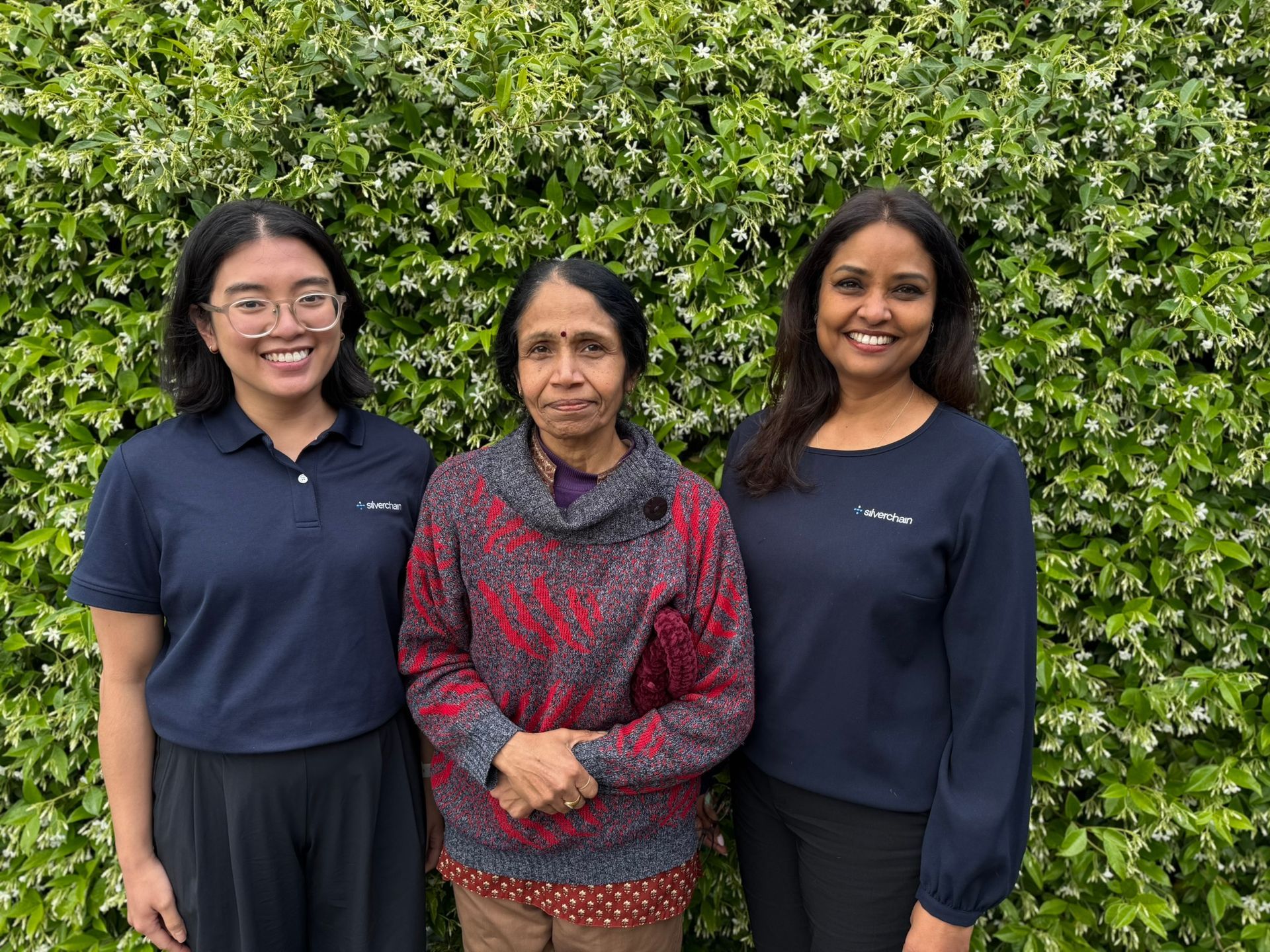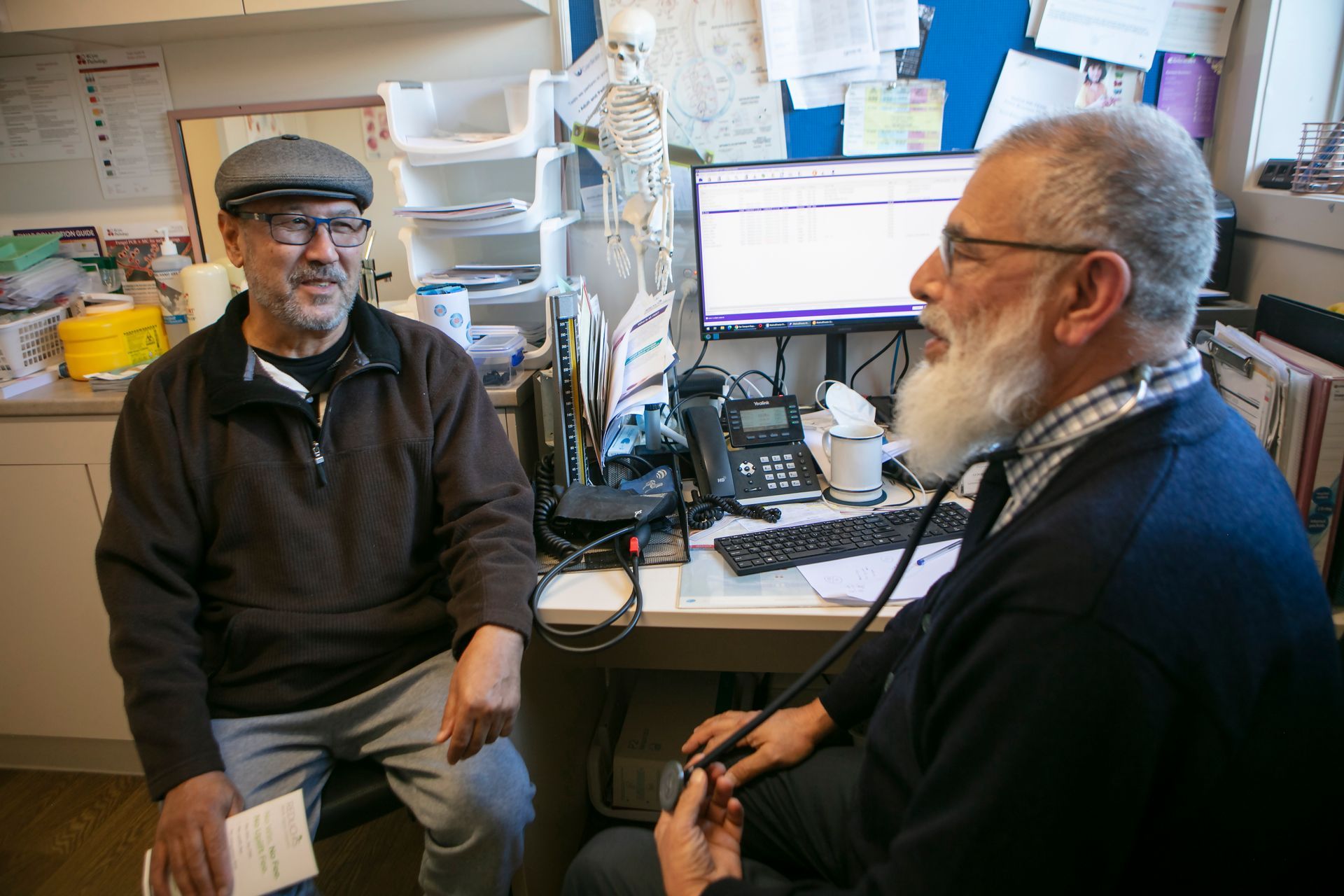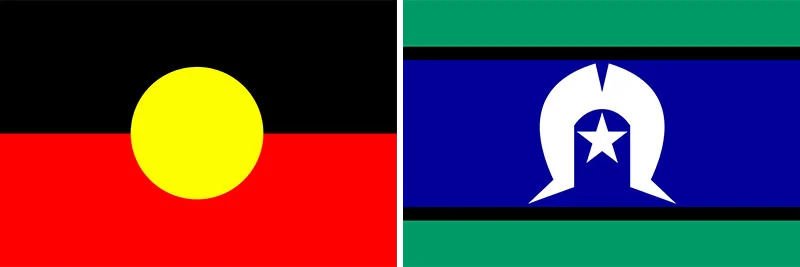Now Available: 2022 Health Needs Assessment for south east Melbourne
Home / News & Opportunities / Latest news / Current post
South east Melbourne is currently home to 1.6 million residents, which is almost a quarter of Victoria’s population. Behind this figure are the lives of people from all walks of life, with varying health needs and unique experiences in accessing health care services.
Every year, SEMPHN undertakes an assessment of the south east Melbourne region to better understand the unique health needs of our community. These valuable insights support service providers in health planning, as well as enable SEMPHN to design and commission appropriate programs for vulnerable community members. Our Needs Assessments always consider the social context within which people live, their health and wellbeing outcomes, as well as their experience of accessing health care services. The assessment also provides data for all Local Government Areas (LGAs) and benchmarks needs against the Victorian average.
Here are some key findings in this year’s Health Needs Assessment which align with existing and new initiatives we have commissioned to support identified needs.
Aged care
One in six residents are aged over 65 years, and one in 15 of those live alone. Almost half of the older people living in south east Melbourne are born overseas. Our new Care Finder program connects vulnerable senior Australians with a dedicated care worker to assist with finding appropriate support in their community including; health, housing and social support. SEMPHN funds 10 local organisations to run the program, so it’s free for participants.
First Nations
Nearly three quarters of First Nations people reside in the outer regions of the catchment: Cardinia, Frankston, Mornington Peninsula and Casey. Nearly half of First Nations peoples in SEMPHN live with two or more chronic diseases and approximately one in ten access annual health checks.
Our Integrated Team Care (ITC) program (lead by Star Health and the Dandenong and District Aborigines Co-operative Limited) provides specialised care coordination for Aboriginal and Torres Strait Islander people in these LGAs who experience challenges with effectively managing their chronic conditions. The program is led by Indigenous health project officers, Aboriginal and Torres Strait Islander outreach workers and care coordinators.
Cancer screening
Stonnington, Port Phillip, Greater Dandenong and Casey LGAs have low participation rates for cancer screening. Screening rates are particularly low among First Nations people. We use screening rate data to help target areas of highest need and develop unique strategies to increase screening in areas with low participation rates. We have recently commissioned Dandenong and District Aboriginal Co-operative (DDACL) and Star Health to deliver a new outreach program to support First Nations participation in screening.
Mental health
Intentional self-harm hospitalisations are higher in the SEMPHN region compared to Victoria for men in all age categories and women aged 25 years and over. Our Mental Health Integrated Complex Care (MHICC) services offer free care coordination and support over an extended period (6-12 months) for people living with severe mental illness and complex needs who are at risk of hospitalisation if appropriate treatment and care is not provided. MHICC provides highly flexible care to match individual needs.
Emergency Department presentations
Emergency Departments across Victoria were at their busiest in 2022, with presentations hitting a record 486,701 per quarter. Non-urgent Emergency Department presentations are higher in Port Phillip, Frankston and Casey. Four Priority Primary Care Centres (PPCCs) are now open in Prahran, Frankston, Narre Warren and Dandenong (located near hospitals) to work closely with GPs and Emergency Departments to provide care for people who require urgent non-life threatening care including; mild infections, sprains, broken bones and minor burns. PPCCs are open 7 days for extended hours. To ensure an integrated approach, referring GPs are informed of patient outcomes. Care provided by PPCCs does not replace ‘usual’ general practice care.
As of November 2024, Primary Care Clinics have been re-branded as Medicare Urgent Care Clinics (UCCs). Medicare Urgent Care Clinics are commissioned by Primary Health Networks with funding from the Australian Government.
We encourage service providers to download the full 2022 Needs Assessment to understand the unique needs of the south east Melbourne community and support health planning.
As with every year, we look forward to using this valuable information to help determine which health services are most urgently needed, and in which areas, allowing us to set regional priorities and work collaboratively to better design and commission programs that meet community needs.




